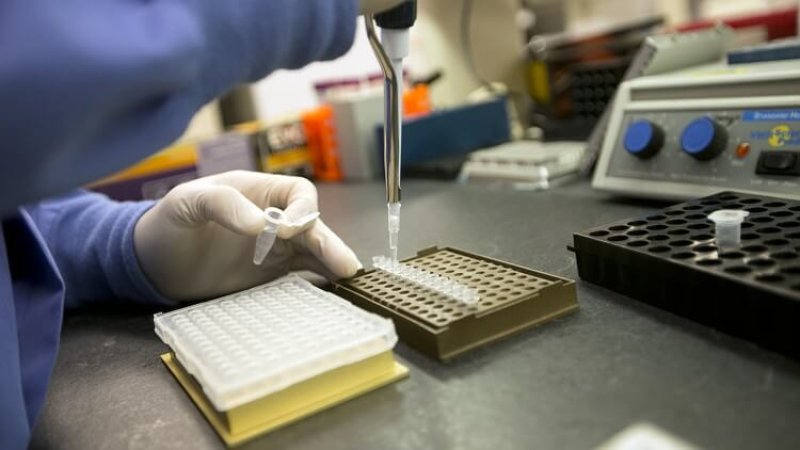We’ve already seen the first cellular medicines, human immune cells genetically reprogrammed to attack cancer cells. Now the first bacterial medicines — bacteria programmed to dispense therapeutics — are on the horizon. Although they represent an exciting opportunity, they raise questions about their use, their control, and their financing.
So far, three therapies based on engineered bacteria have made it to early clinical testing in humans. The results have been mixed. A mouthwash made from a protein secreted by recombinant Lactococcus bacteria successfully reduced inflammation of the inner lining of the mouth in patients undergoing chemotherapy for head and neck cancer. Bacteria programmed to make the anti-inflammatory cytokine IL-10 were orally administered to patients with Crohn’s disease, but the results were disappointing and the trial was terminated. A company called Synlogic is now testing bacteria engineered to reduce blood ammonia levels in patients with liver disorders.
…
Bacterial medicines hold immense potential to provide durable therapies for chronic diseases. They may well succeed where traditional pharmaceuticals have largely failed. But they may also require new economic models to fund their development. The standard pharma business model relies heavily on exclusivity. If for-profit drug developers are not confident that they will get paid by every user of bacterial medicines, they may never invest the effort needed to perfect them.
Read full, original post: Medicines from engineered bacteria offer promise — and pitfalls































